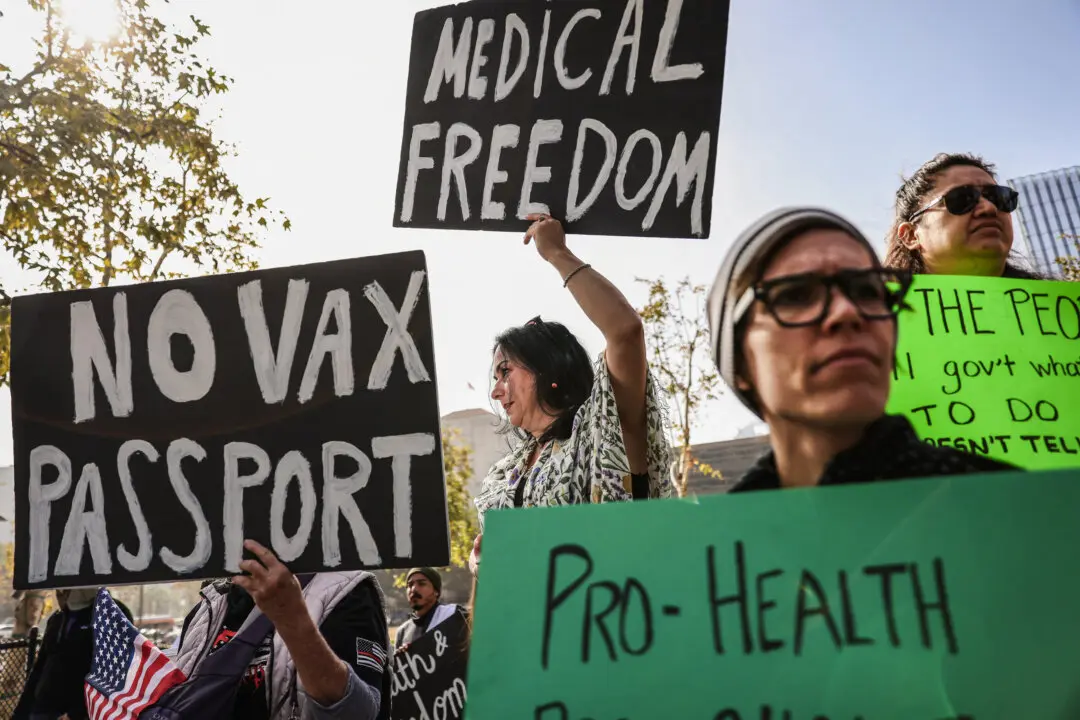At a time when governments and global organizations are seeking additional powers to deal with pandemics or other catastrophes, a burgeoning effort is rising in opposition to defend local autonomy and personal liberties.
Next month, member nations of the World Health Organization (WHO) are gathering to grant the agency vast new powers during “health emergencies.”





